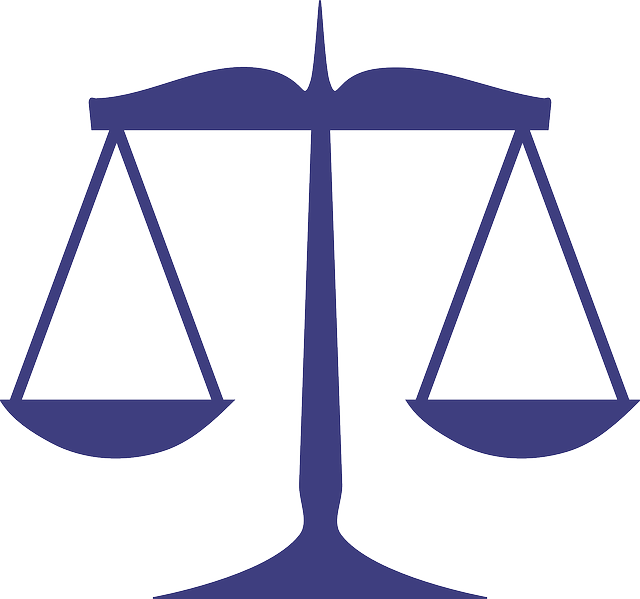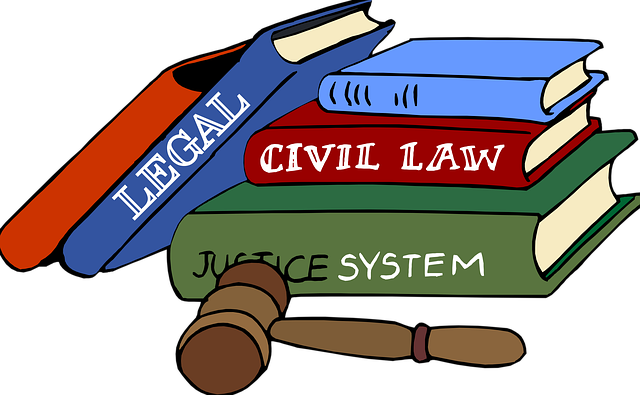Healthcare professionals facing employment law issues must navigate complex regulations for patient protection and institutional integrity. The process starts with documenting evidence, reviewing applicable laws, and consulting legal experts specializing in healthcare and employment litigation. Strategic steps involve gathering detailed documentation, understanding state employment laws, and engaging authorities through alternative dispute resolution or formal complaints, ultimately aiming for the dismissal of charges while adhering to regulatory parameters.
Navigating healthcare legal issues is essential for ensuring fair practices and patient rights. This comprehensive guide delves into critical aspects of employment law within the healthcare sector. From understanding the intricacies of healthcare legal issues to identifying when file an employment law complaint, this article provides a clear roadmap. We outline specific steps to navigate and file a successful employment law complaint, empowering professionals and institutions with knowledge to protect their rights and uphold ethical standards.
- Understanding Healthcare Legal Issues: A Comprehensive Overview
- When to File an Employment Law Complaint in Healthcare
- Steps to Navigate and File a Successful Employment Law Complaint
Understanding Healthcare Legal Issues: A Comprehensive Overview

Understanding Healthcare Legal Issues involves navigating a complex web of regulations designed to protect patients, ensure ethical practices, and maintain the integrity of medical institutions. These issues encompass a wide range from patient consent, confidentiality, and treatment standards to regulatory compliance, malpractice claims, and administrative appeals. Knowing the legal steps to file an employment law complaint is crucial for healthcare professionals facing discrimination or unfair treatment.
The process begins with identifying potential violations, gathering evidence, and consulting with legal experts familiar with healthcare regulations. Avoiding indictment while navigating these challenges often requires meticulous documentation, prompt reporting of infractions, and proactive measures to mitigate risks. Engaging in these steps can lead to winning challenging defense verdicts and ensuring that all stages of the investigative and enforcement process are handled meticulously and within regulatory parameters.
When to File an Employment Law Complaint in Healthcare

When considering whether to file an employment law complaint within the healthcare sector, it’s crucial to understand the specific circumstances that warrant such a step. Healthcare employees across the country face unique challenges and may encounter situations where their rights are violated. These violations can include discrimination, harassment, unfair termination, or non-payment of wages – issues that impact not just individual workers but also have implications for the overall quality of patient care.
The process to file an employment law complaint typically involves several steps. For his clients facing these issues, it’s recommended to first document all relevant facts and evidence. This might include emails, text messages, or witness statements. Next, review applicable laws and regulations, such as those enforced by the Equal Employment Opportunity Commission (EEOC) or state-specific employment protections. If the violation is significant and cannot be resolved through internal channels, seeking legal counsel from professionals well-versed in both healthcare law and employment litigation can provide guidance tailored to the specific case. This ensures that all available options are considered, and the best course of action is taken for his clients, with potential outcomes including mediation, arbitration, or formal complaints filed with relevant regulatory bodies.
Steps to Navigate and File a Successful Employment Law Complaint

Navigating an employment law complaint can be complex, but with the right approach, a successful outcome is achievable. The initial steps involve gathering comprehensive documentation detailing the issues and harms incurred. This includes any relevant communication, contracts, performance evaluations, and evidence of discriminatory or unlawful practices within the respective business.
Once armed with these materials, an aggrieved party should carefully review their state’s employment laws and consult with a legal professional experienced in employment law. They can help interpret the specific statutes, ensure all legal requirements are met, and guide them through the process, whether it involves mediation, negotiation, or filing a formal complaint with relevant regulatory bodies, ultimately aiming for a complete dismissal of all charges.
Healthcare professionals must navigate complex legal landscapes to ensure fair treatment. Understanding healthcare legal issues, knowing when to file an employment law complaint, and following the proper steps are essential for a successful resolution. By familiarizing themselves with these processes, medical workers can protect their rights and create positive change within their institutions. Remember, each step in filing an employment law complaint is crucial to achieving justice and fostering a more ethical healthcare environment.






